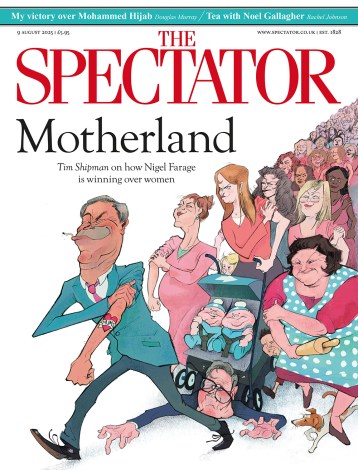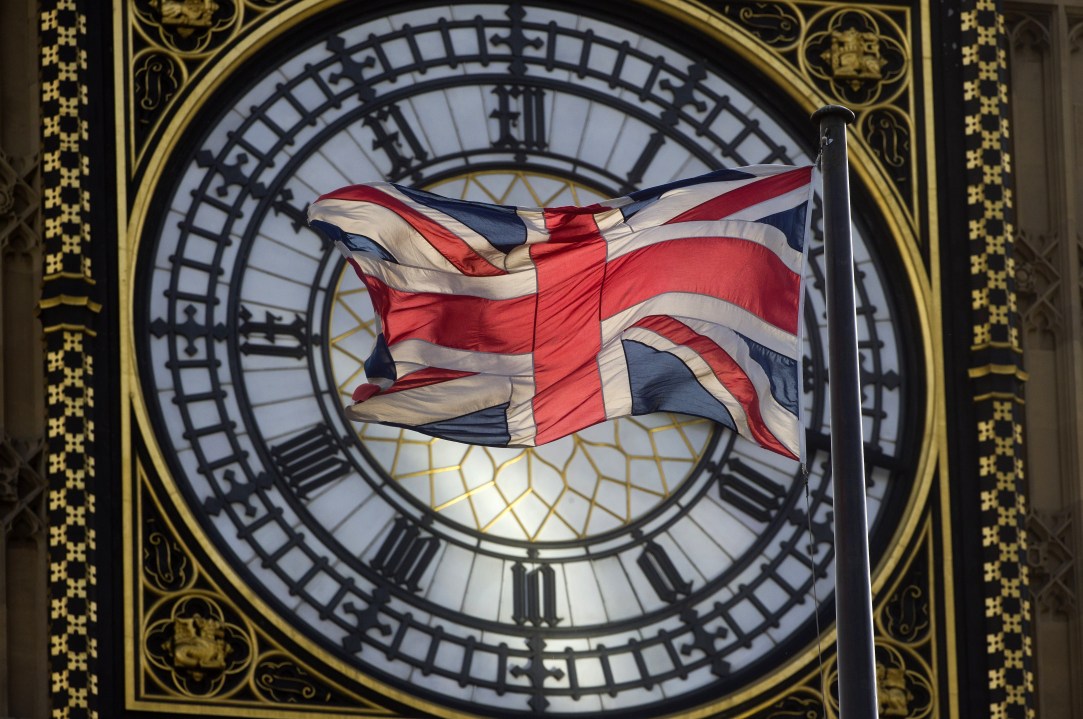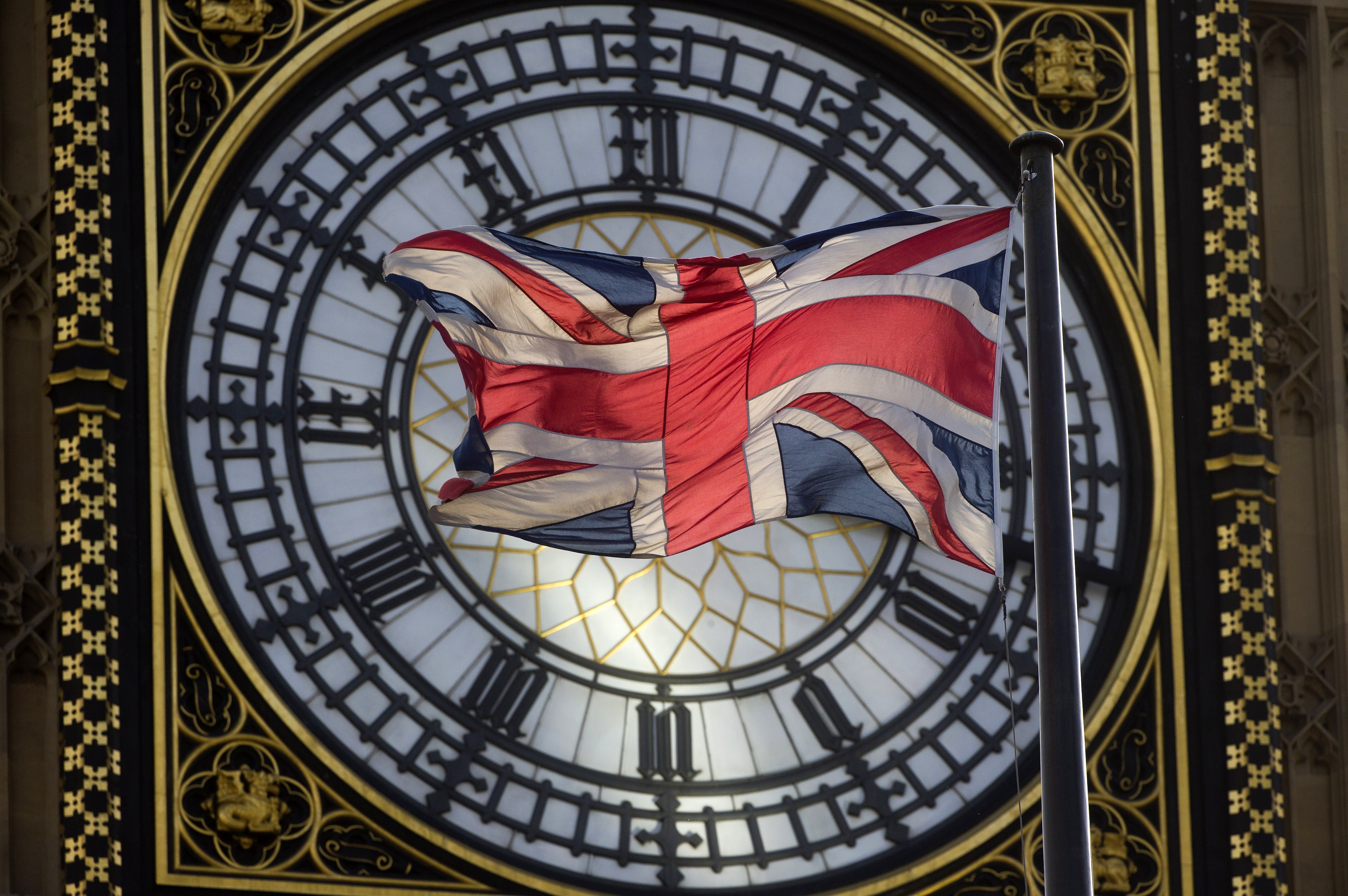While the Tory whips are reasonably relaxed about the prospects for the second reading of the EU withdrawal bill, they are already preparing for the row in Committee stage over Henry VIII clauses. The Cabinet discussed the importance of getting the legislation through Parliament when it met this morning, and ministers are aware that these statutory instruments, which allow the government to make changes to legislation without any parliamentary scrutiny, could become an even bigger problem when the Bill reaches the Lords.
The Prime Minister’s official spokesman was asked about these powers at the lobby briefing today. He argued that they were only acting as a ‘correcting power’ which would be ‘time-limited to apply before the UK leaves the EU, and for a limited period afterwards. We are also clear that any significant changes to policy will be done by primary legislation. We announced in the Queen’s Speech that we would expect there to be various Brexit bills, including on customs, immigration, and that’s what we are going to do. Parliament will obviously need to approve the scope of the power and the timing.’
Sounds fair enough. But this is the justification that all governments already use for statutory instruments, which is that they aren’t for ‘significant changes’. They even make this argument while introducing policies which are significant. So the scope of those powers is important. And what does the government actually mean by ‘significant’? One man’s insignificant is another man’s massively controversial cut to working tax credits, as George Osborne discovered while Chancellor. The spokesman insisted that ‘we have spelled out areas such as immigration and customs and trade. They are significant, and they will be in separate pieces of legislation’. He added that ‘there’s nothing new about statutory instruments. They have been used in significant numbers, hundreds of times a year for decades’.
There is indeed nothing new, and MPs could do with making more of a fuss about the way governments abuse secondary legislation more generally. But what is new is that ministers will be able to decide what is significant about Brexit and is therefore worthy of lengthy debate and what isn’t significant. Put it another way, turkeys are deciding whether or not Christmas is going to be a significant event this year or whether people should go vegan. That’s why ‘significant’ isn’t going to placate the rebels, who span both pro-Brexit and Remain factions across the Commons.








Comments